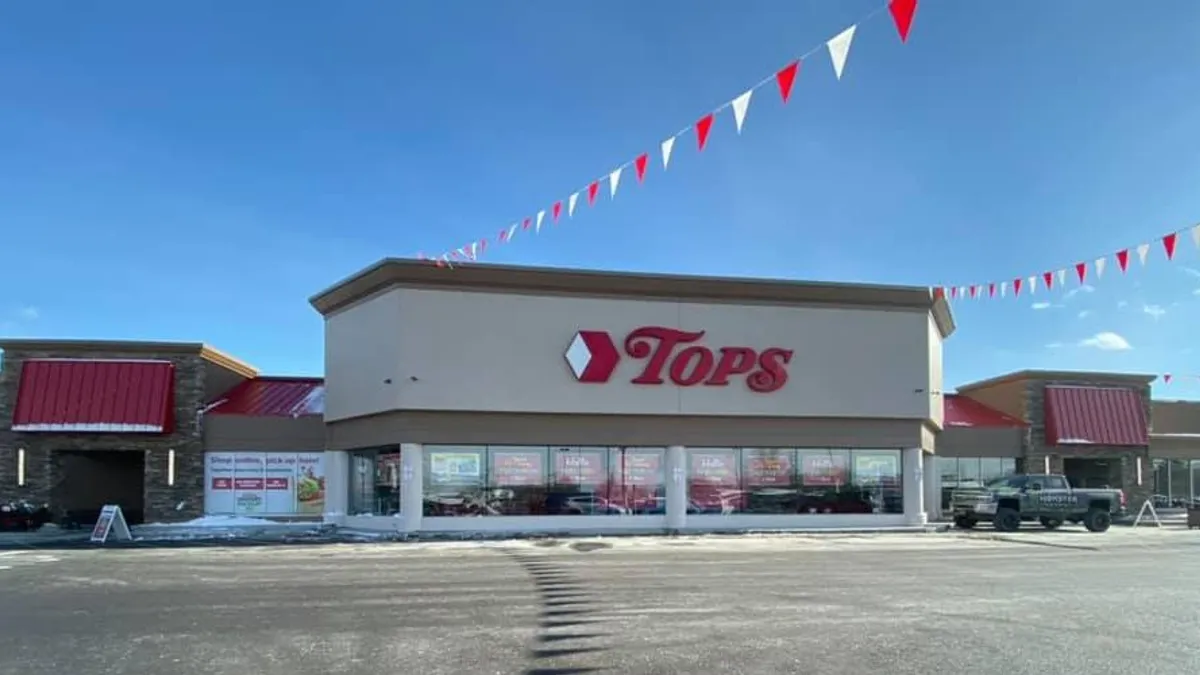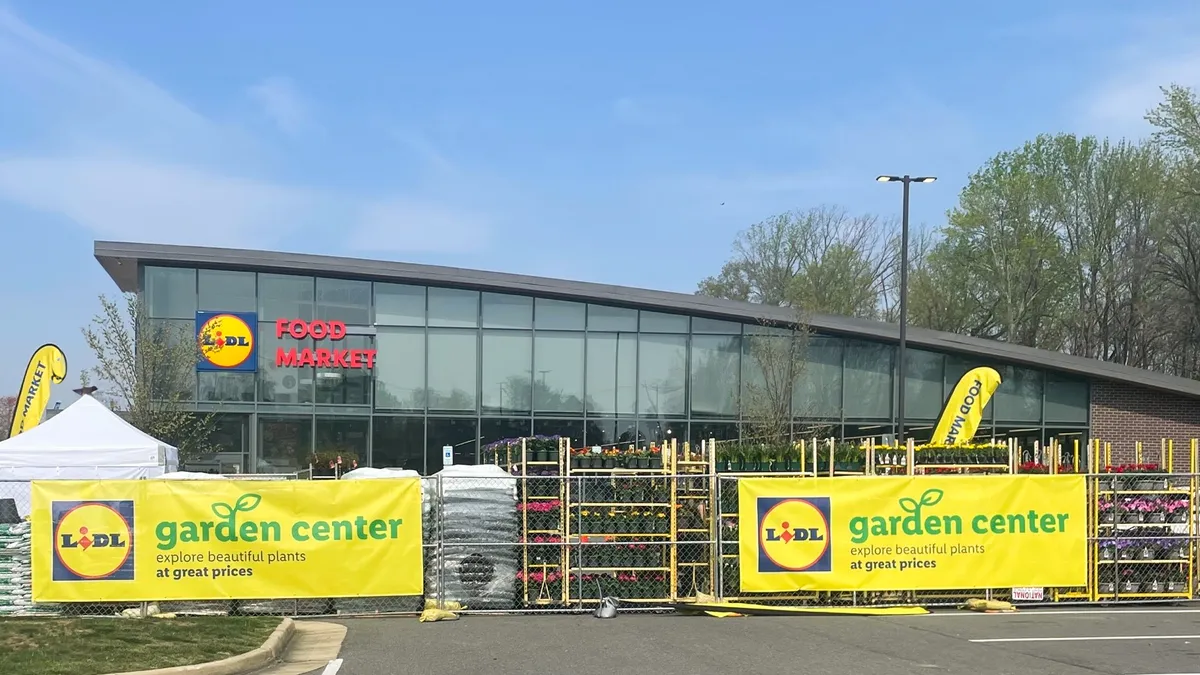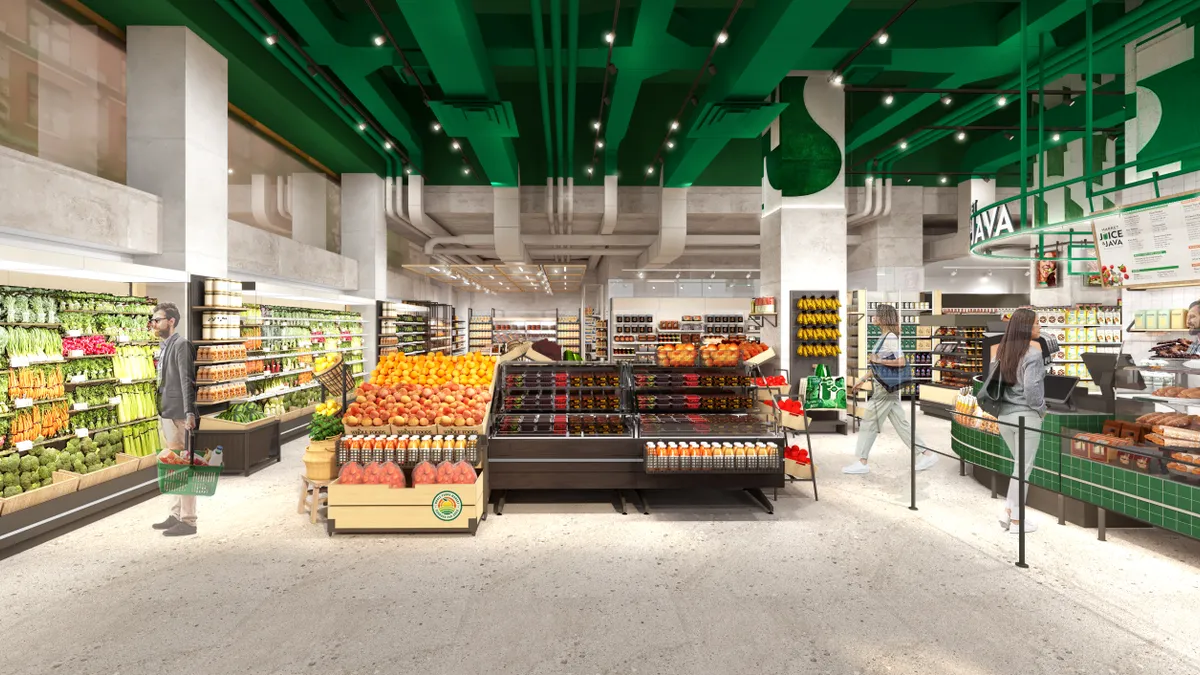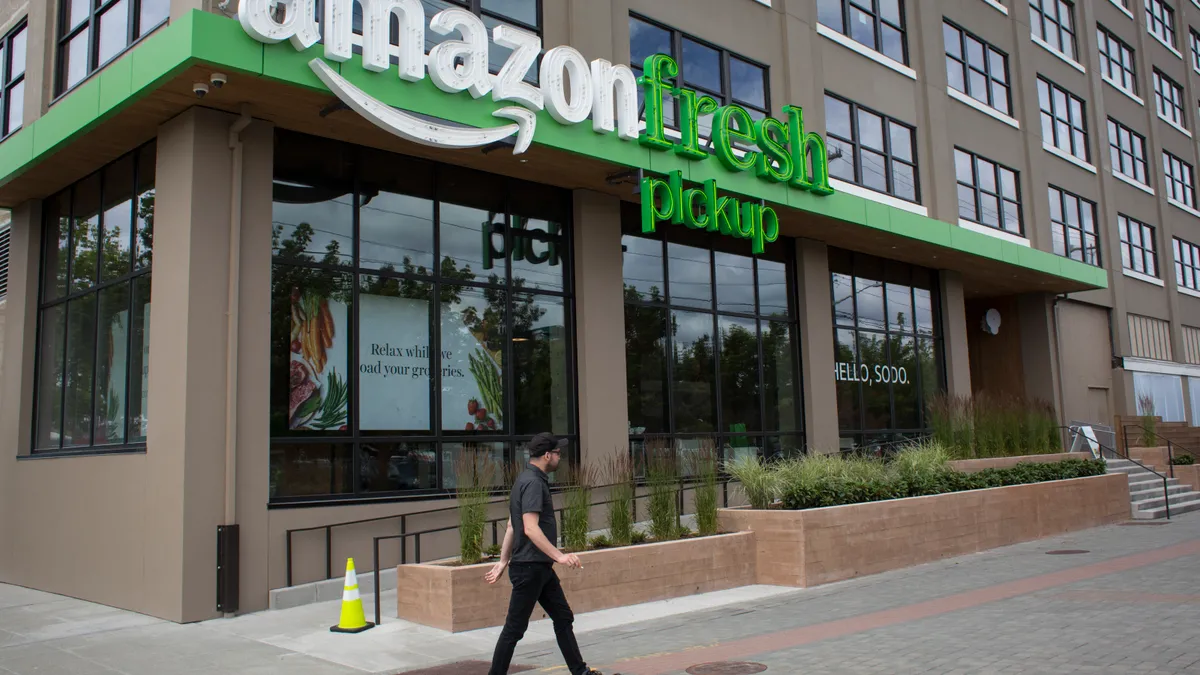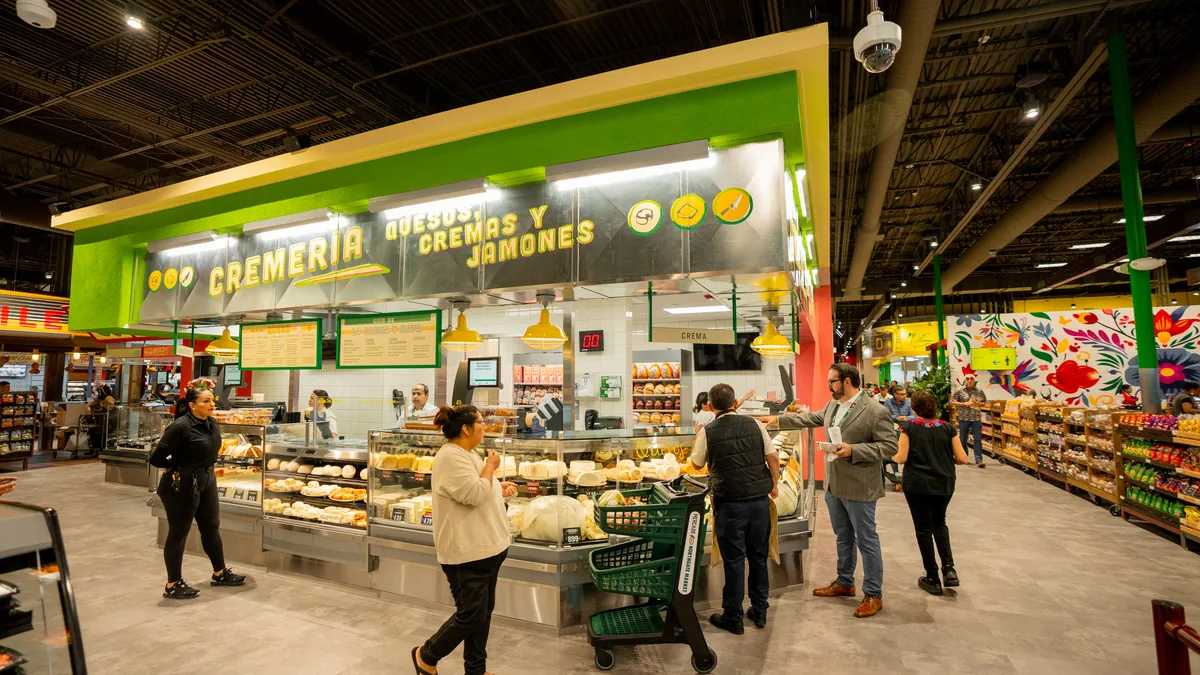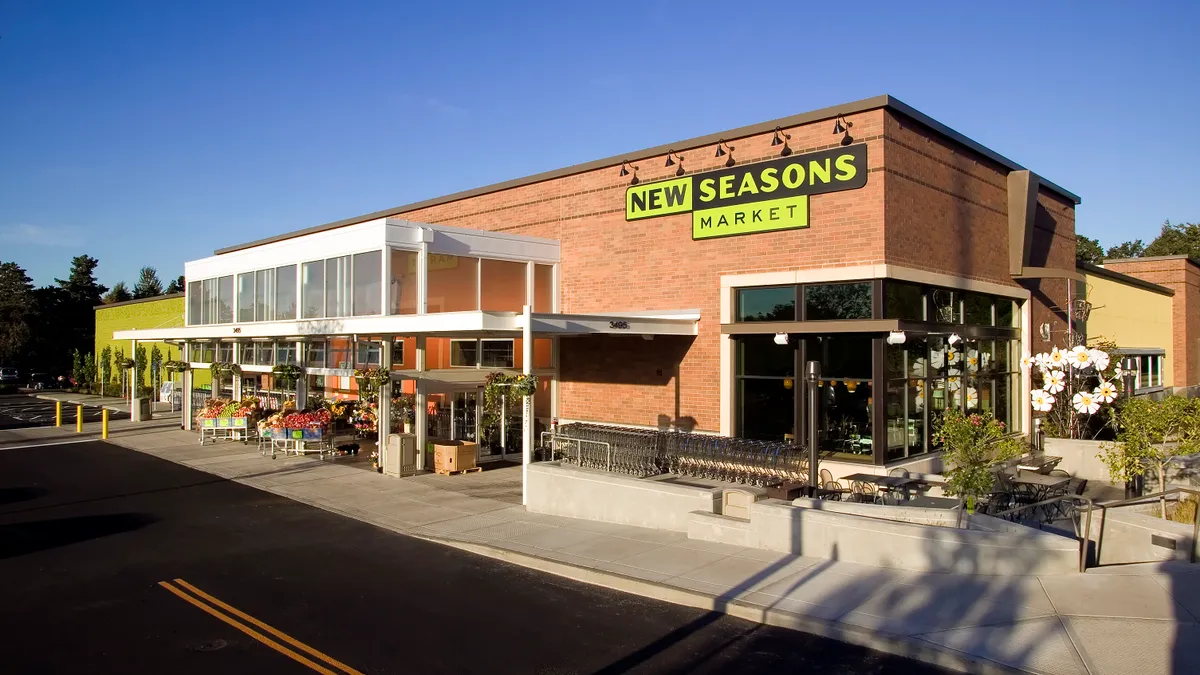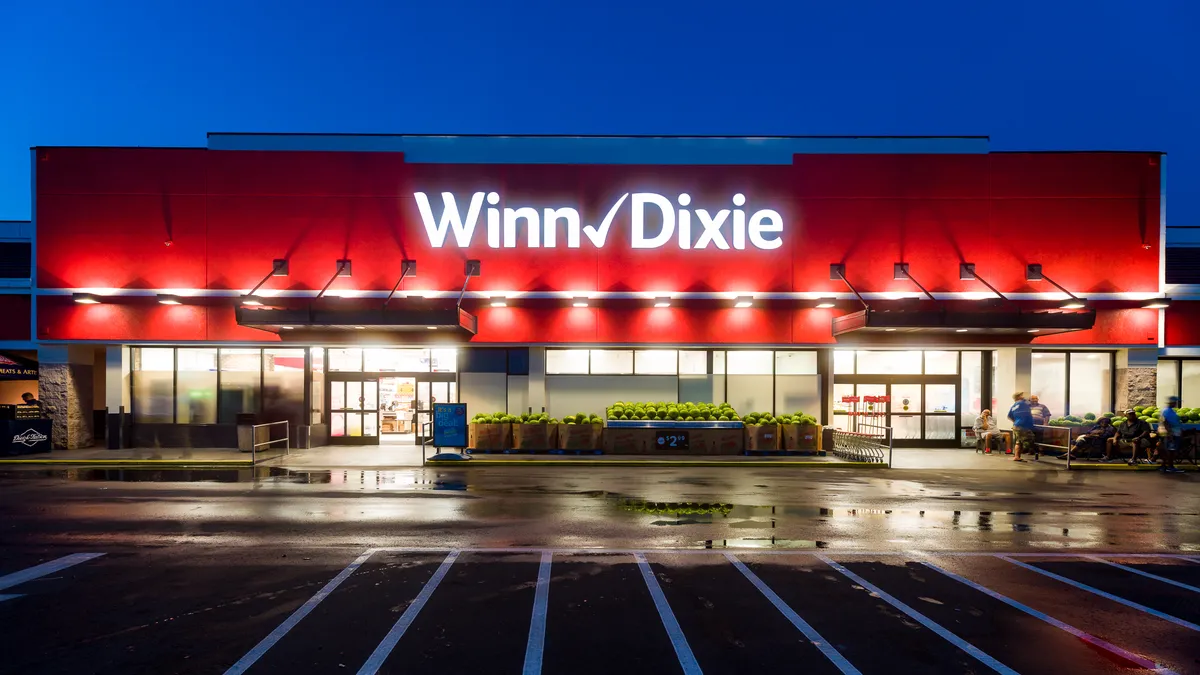Offering free samples may be the easiest way to give a consumer a taste of what you want them to buy. But what if there were a way to tickle their senses without giving up pieces of product? The good news is that many companies can—and do—target olfactory senses. In fact, scent marketing is a busy area of experimentation right now, with companies such as PepsiCo, Domino's Pizza and McCain Foods finding ways to get people sniffing.
Scent marketing itself is nothing new. The practice has been around for decades. In recent years, however, retailers and brands have been rolling out some non-traditional methods for delivering smells to the masses, and the tech and design behind their practices should interest anyone in the business of selling food products. Just look at these five projects:
1. SNIFFABLE JUICE BOTTLES
Company: PepsiCo.
A March 2012 patent filing showed that PepsiCo has been considering a packaging solution that could let shoppers smell its beverages, concentrates, syrups and other products before they buy. The approach would involve packing little capsules with oils or fruit essences that effectively capture the smell of what's inside of a bottle. The capsules could then be placed inside of a system that goes on top of an enclosure and can be activated without opening the container.

(Image credit: Patentscope)
The illustrations in the patent filing are fascinating. But you have to wonder—will beverage companies have to start bolstering smells inside of bottles as well? Fruits and flavors may have scents associated with them. Juices and soft drinks, meanwhile, tend keep pretty low profiles when it comes to stimulating noses.
2. SCENTED BUS STOPS
Company: California Milk Processor Board
We're all familiar with "Got Milk?" ads. But did you hear about the time that milk crossed the line in San Francisco?
A 2006 "Got Milk?" campaign tried to use cookies to sell some milk to bus passengers while they waited on their rides. The ads, which appeared on bus stops, served two purposes, the Associated Press reported. First and foremost, they were meant to entice people to crave milk using the smell of freshly-baked chocolate chip cookies. In the meantime, they also served as general air fresheners to counter the aroma of bus exhaust.

(Image credit: Wikimedia Commons)
The ads provided another lesson for advertisers, however. The San Francisco received complaints over their cookie-scented air pollution and eventually ordered them to be taken down.
3. PIZZA-SCENTED DVD'S
Company: Domino's Pizza (Brazil)
While there's nothing controversial about renting movies and eating pizza, Domino's took the pastime to a new extreme in its recent Brazilian scent-marketing project. The effort used thermal ink on DVD's that could heat up in a DVD player and send the smell of pizza floating through a home. Then, when the heated DVD would eject, the label would change to reveal a pizza photo encouraging living room moviegoers to give Domino's a call.
As a novelty, this strategy seems like it must have been designed to go viral on the Internet. In practice, however, you have to wonder how many people just got confused about the weird smells coming from their home entertainment systems.
4. SYNTHETIC GRAPEFRUIT AND CHOCOLATE
Company: Net Cost
Does it matter if the treats that grocery store customers smell aren't actually there? Net Cost, a supermarket in Brooklyn, N.Y., installed five ScentAir machines to jazz up parts of its store, including the produce, bakery and candy sections, with smells that were completely artificial.
So were the $99-a-pop devices worth the investment? A CBS News report from 2011 noted that Net Cost's produce sales went up by at least 7% after the machines were installed, so the answer seems to be yes.
5. BAKED POTATO SCENTS
Company: McCain Foods
Following up on its own bus stop scent campaign from 2012, McCain Foods announced new frozen food aisle plans for its baked potatoes this year. Scent-shooting machines will stand sentry next to McCain's Ready-Baked Jacket potatoes at Tesco and Asda stores, and anyone who likes will be able to manually activate the units, causing them to emit the smell of heated spuds.
Smell exposure in this case comes purely on a voluntary basis, which should leave a better taste (or smell) in customers' mouths for McCain's "Happy Days" campaign, which the smell generators will be promoting.
Would you like to see more food and beverage industry news and information like this in your inbox on a daily basis? Subscribe to our Food Dive email newsletter! You may also want to check out Food Dive's look at food industry cooperatives, what they do and why they matter.








